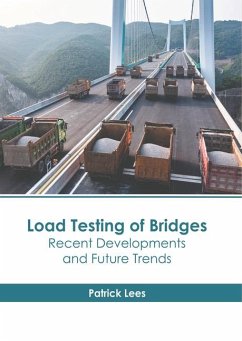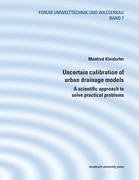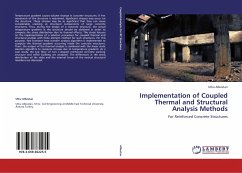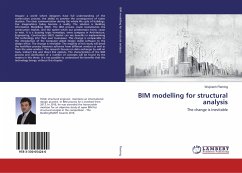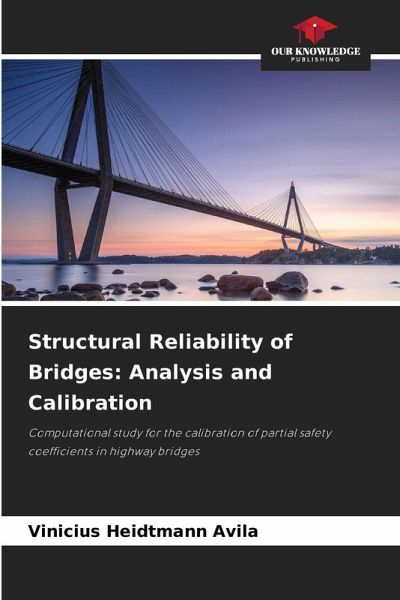
Structural Reliability of Bridges: Analysis and Calibration
Computational study for the calibration of partial safety coefficients in highway bridges
Versandkostenfrei!
Versandfertig in 6-10 Tagen
45,99 €
inkl. MwSt.

PAYBACK Punkte
23 °P sammeln!
The increase in heavy vehicle traffic on Brazilian highways requires that highway bridges maintain high levels of safety. This paper presents a study on the structural reliability and calibration of the partial safety coefficients of the stresses in reinforced and prestressed concrete longitudinal beams, considering the ultimate limit state of bending. Twenty-seven beams were designed and analyzed - varying span, concrete strength and steel tension - using a computer model validated with experimental data from 64 beams tested in previous studies. The moving loads were modeled based on real tra...
The increase in heavy vehicle traffic on Brazilian highways requires that highway bridges maintain high levels of safety. This paper presents a study on the structural reliability and calibration of the partial safety coefficients of the stresses in reinforced and prestressed concrete longitudinal beams, considering the ultimate limit state of bending. Twenty-seven beams were designed and analyzed - varying span, concrete strength and steel tension - using a computer model validated with experimental data from 64 beams tested in previous studies. The moving loads were modeled based on real traffic data and statistical extrapolation for a return period of 100 years. The reliability assessment used the FORM method, while the calibration of the coefficients was carried out via particle swarm optimization (PSO). The results indicate that the current national standards guarantee satisfactory levels of safety, and the proposed calibration procedure standardizes the reliability indices,bringing them closer to the established target value.






